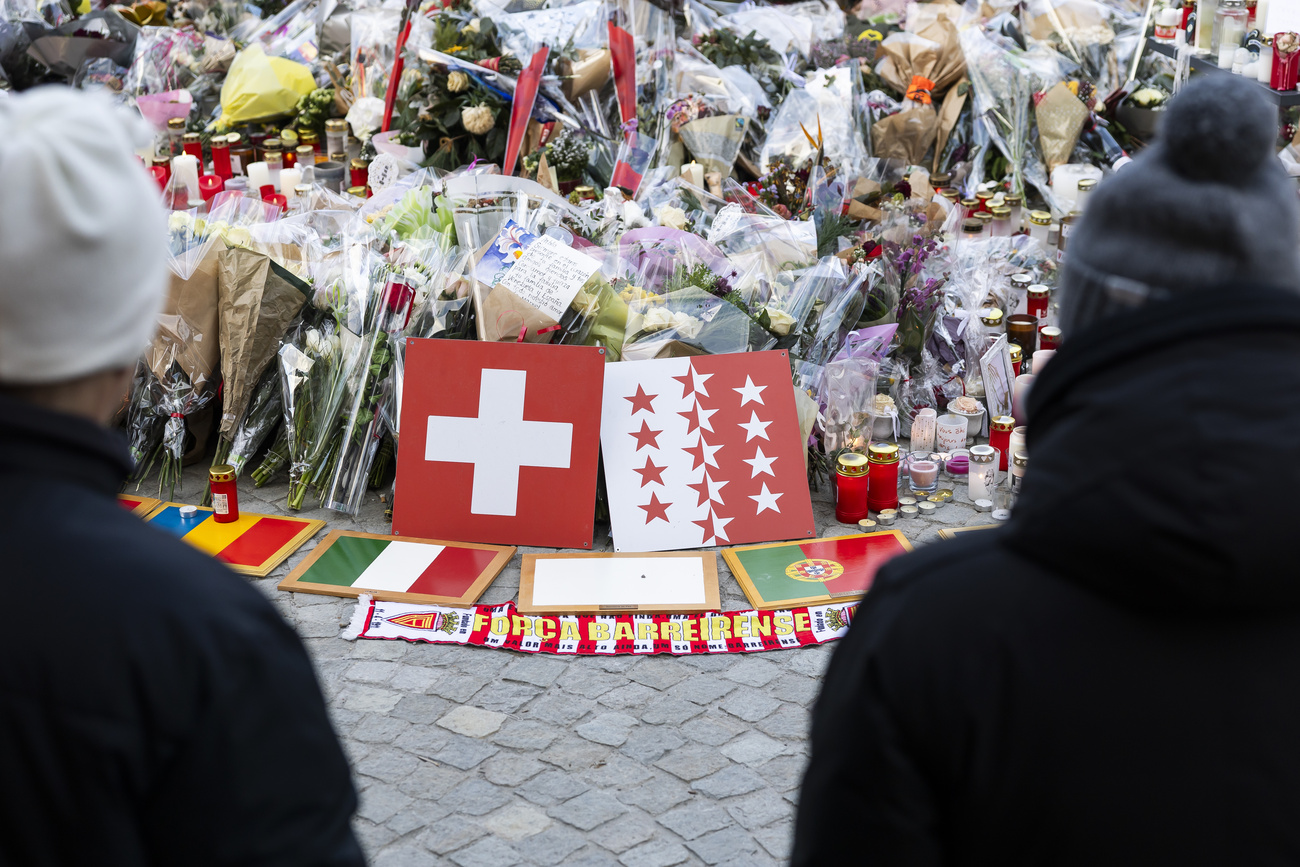
Swiss minister frustrated by COP30 deadlocks

Swiss environment minister Albert Rösti described negotiations at the 30th UN Climate Change Conference (COP30) in Belém as "difficult".
+Get the most important news from Switzerland in your inbox
Disagreement concerns in particular the so-called roadmap, i.e. concrete measures to be taken by individual states to reduce CO2 emissions. Rösti, who is in Brazil for the last stages of the summit, told Keystone-ATS.
The differences are bigger than at previous climate conferences, he said. On the one hand there are the countries that do not want to commit to a roadmap; on the other hand there are those in the West, including Switzerland, who believe that decarbonisation measures can only take effect if everyone is involved. “If we really want to decarbonise, the whole planet needs to be involved,” said Rösti.

More
Ten years of Swiss climate votes since the Paris Agreement
Asked about Switzerland’s red lines, Rösti criticised the lack of ambition in the draft agreement. Furthermore, Bern cannot accept a massive increase in funds for adaptation measures in the poorest countries without at the same time setting clear and sufficiently ambitious targets for the transition from fossil fuels to climate-friendly energy sources.
“If the Paris Climate Agreement is to be taken seriously, concrete measures must be taken,” Rösti said. Otherwise, all efforts would remain without any effect on the environment. “We cannot pay without getting concrete performance in return. And we too, although a rich country, have limited financial resources.”

More
Drug trade and land grabs threaten Amazon communities on climate front lines
Translated from Italian by DeepL/mga
We select the most relevant news for an international audience and use automatic translation tools to translate them into English. A journalist then reviews the translation for clarity and accuracy before publication.
Providing you with automatically translated news gives us the time to write more in-depth articles. The news stories we select have been written and carefully fact-checked by an external editorial team from news agencies such as Bloomberg or Keystone.
If you have any questions about how we work, write to us at english@swissinfo.ch

In compliance with the JTI standards
More: SWI swissinfo.ch certified by the Journalism Trust Initiative






























You can find an overview of ongoing debates with our journalists here . Please join us!
If you want to start a conversation about a topic raised in this article or want to report factual errors, email us at english@swissinfo.ch.